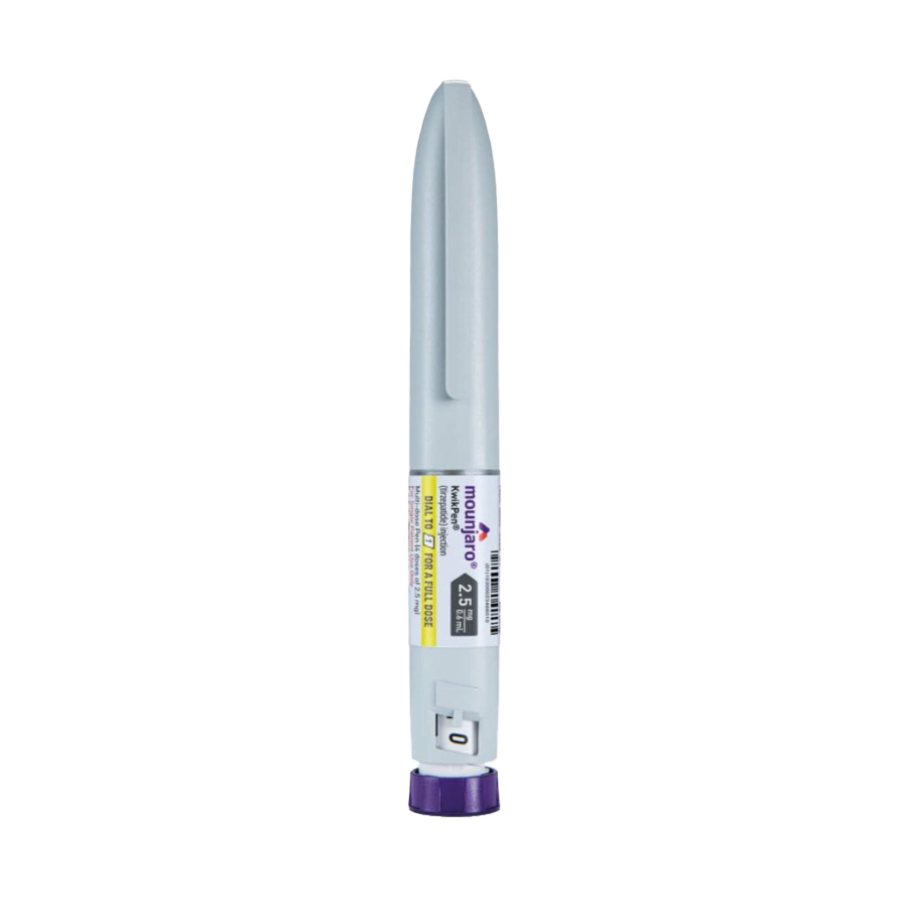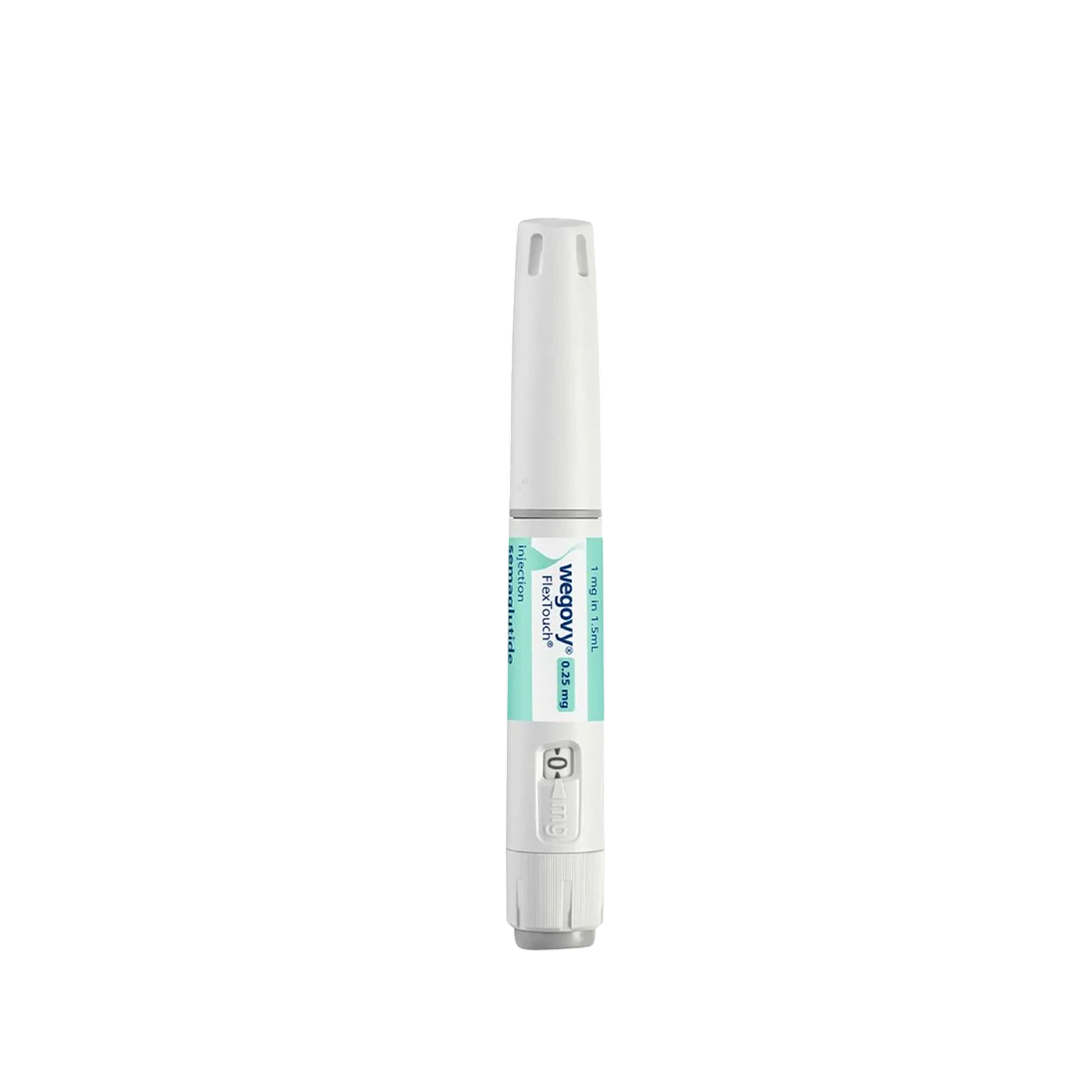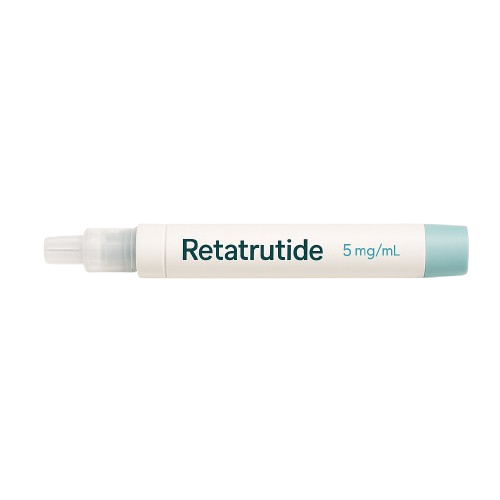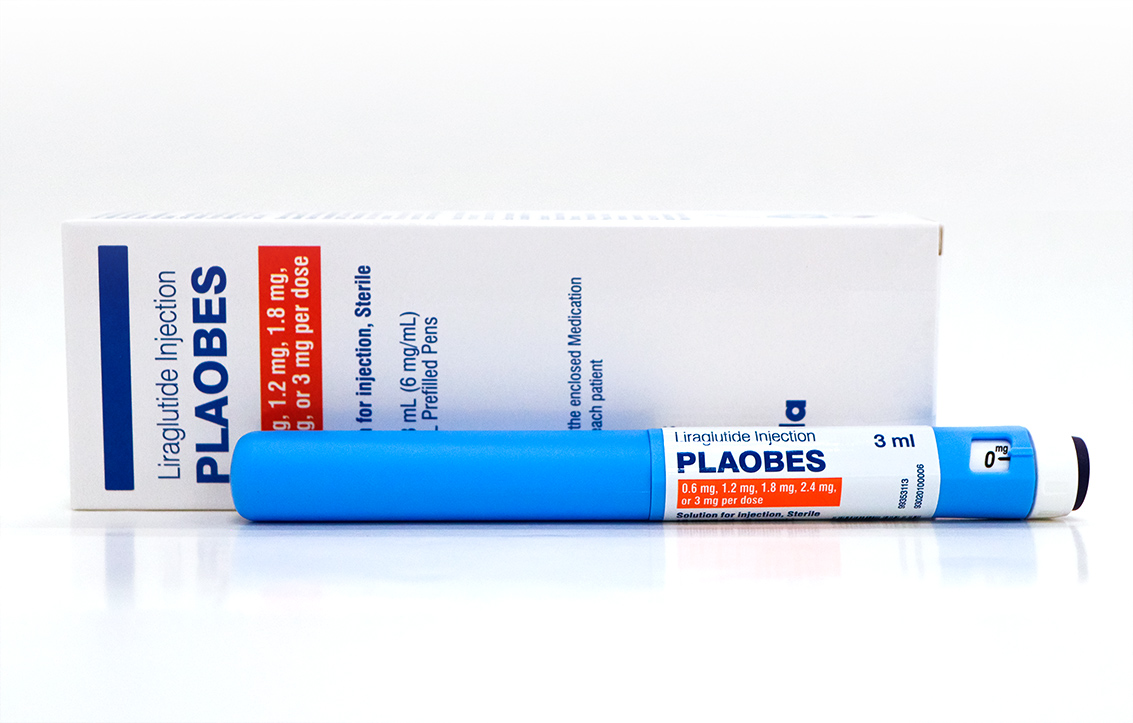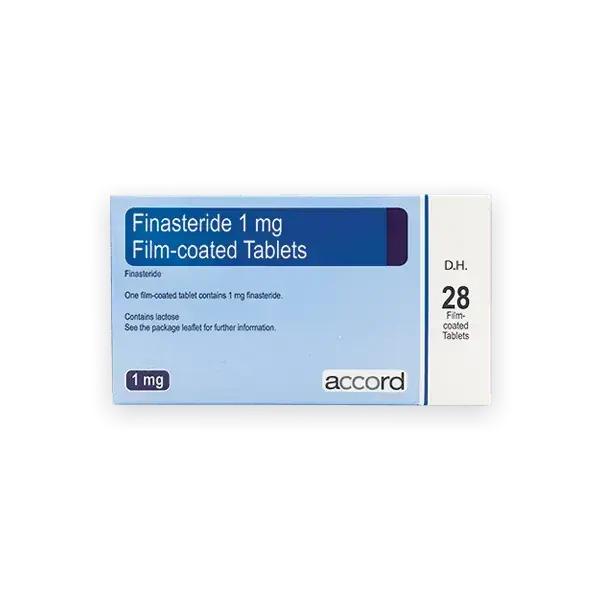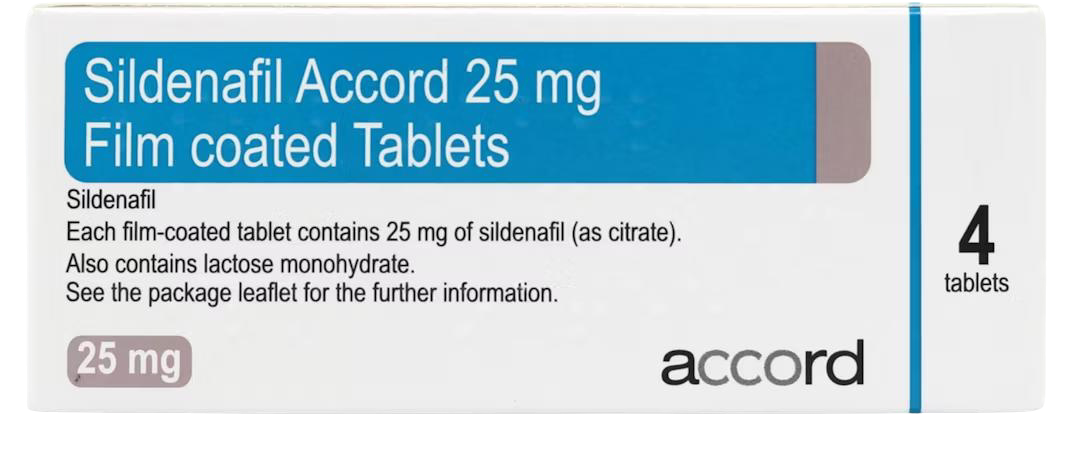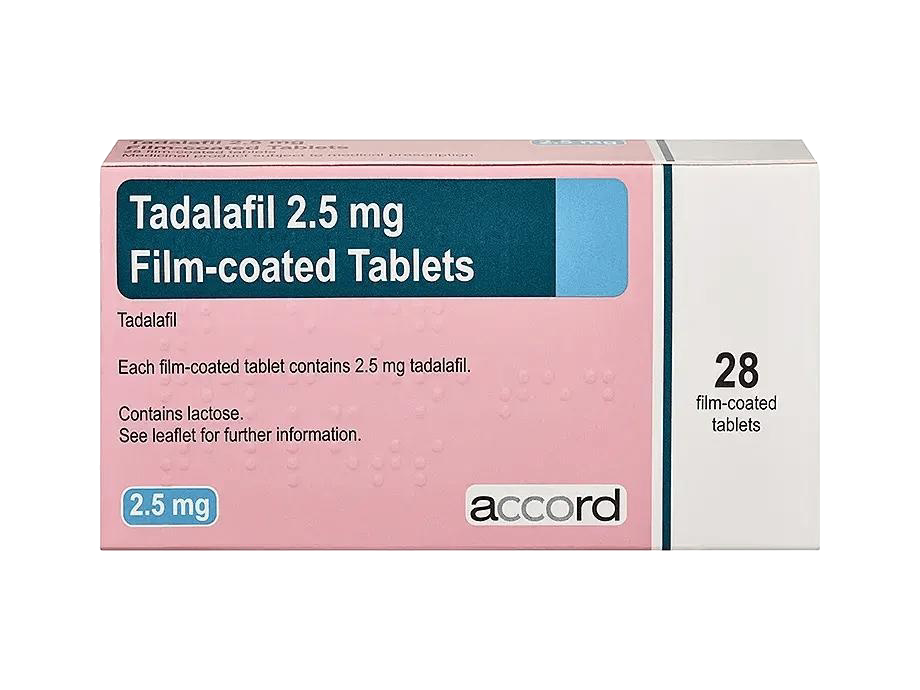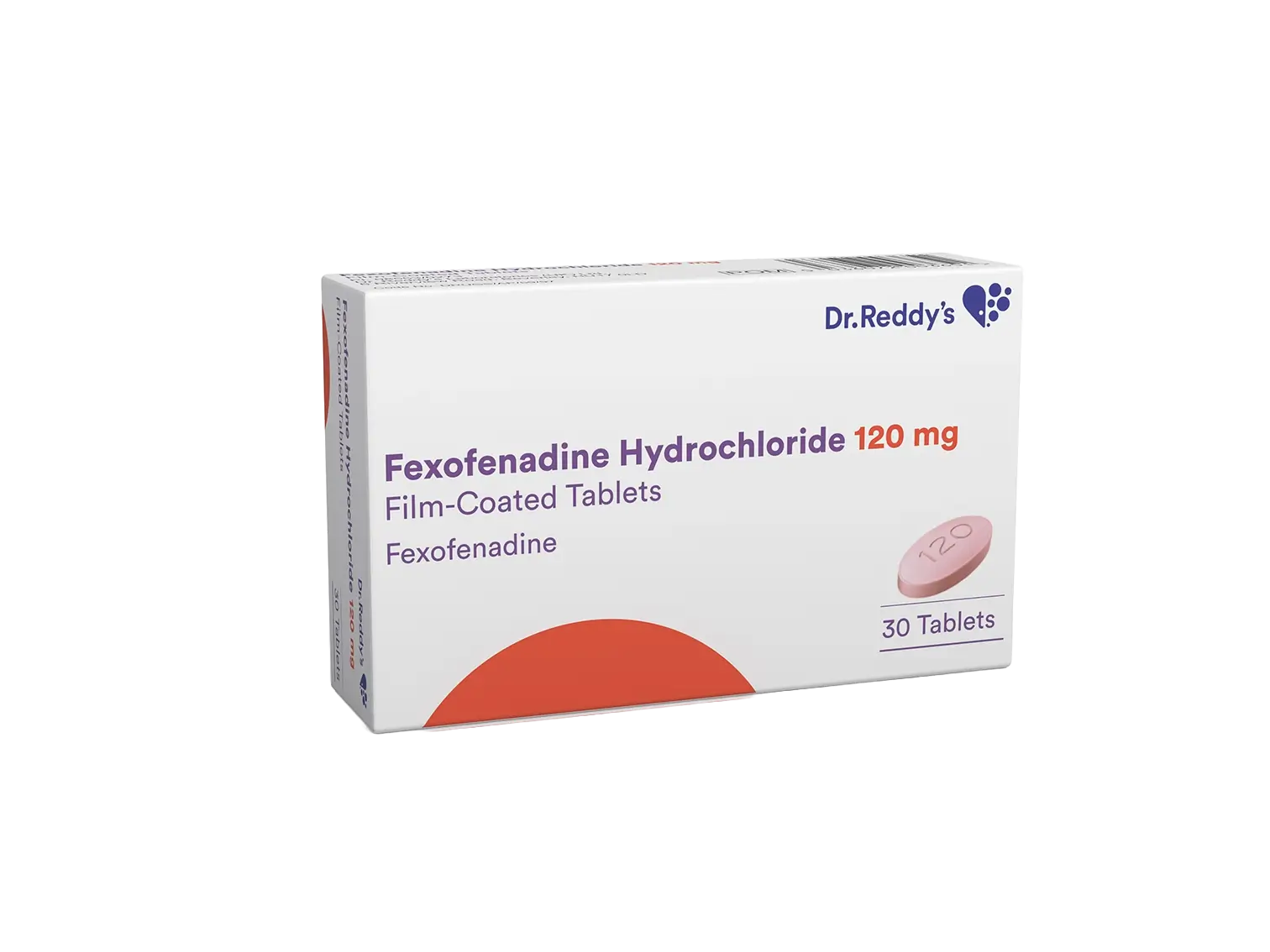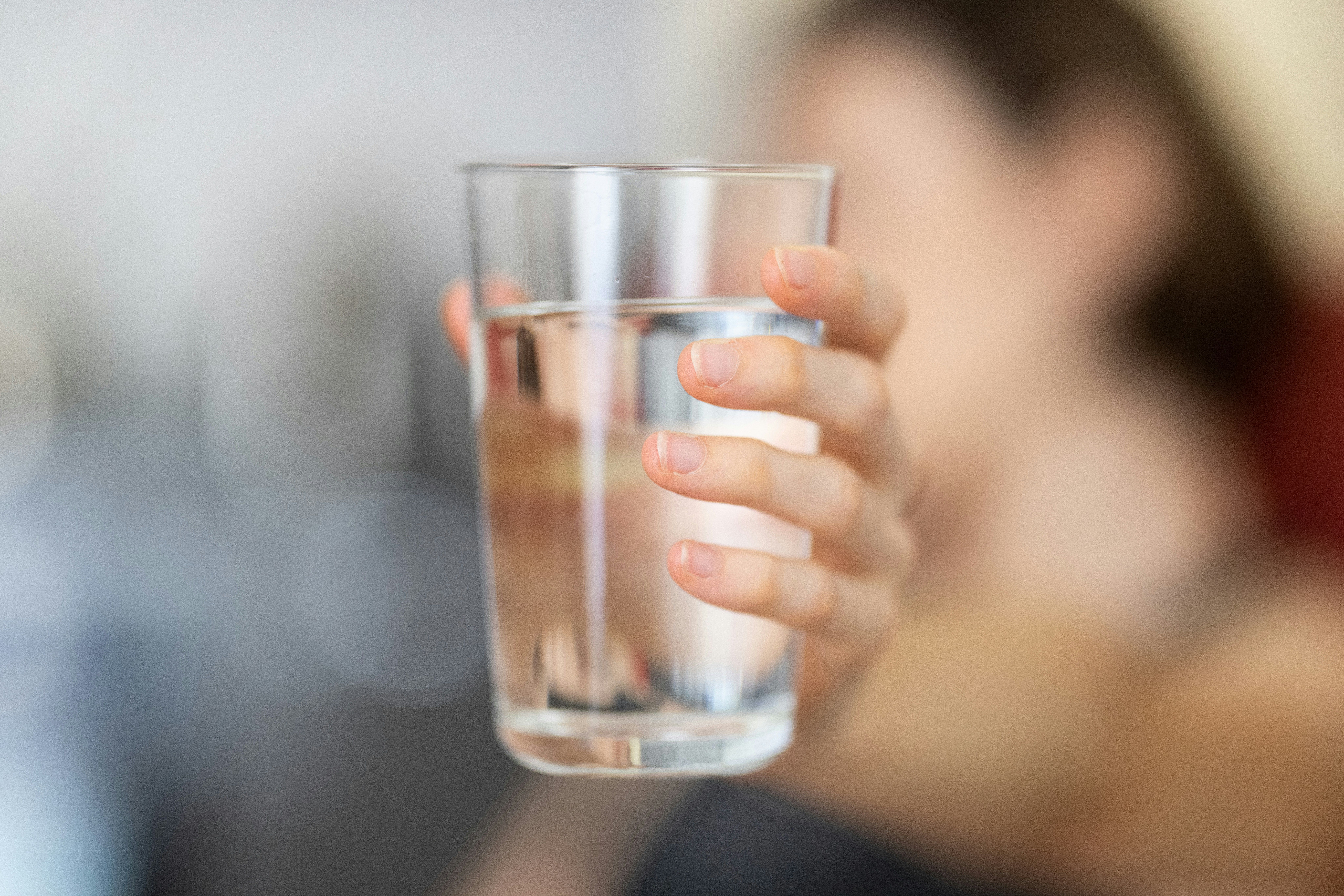Importance of water & protein goals when on weight loss medication
By Irfan Mahmud, Pharmacist & Independent Prescriber
The importance of meeting your water and protein goals when you’re on weight-loss treatment
If you’re about to start weight-loss treatment, you might be wondering: “What else do I need to focus on to feel good and get the best outcome?”
The answer is that beyond the medication, two fundamental habits really make a difference: hydration and protein intake. These support your body in ways that enhance your treatment, boost how you feel day to day, and help you protect your muscle and metabolism.
Why staying well-hydrated matters
It might seem obvious, but many people don’t drink enough water when their appetite changes, and that can impact progress.
Reduced hunger confusion: When you’re slightly dehydrated you may misinterpret thirst as hunger. Having enough fluid can help you recognise real hunger and avoid unnecessary snacking. Research suggests increasing water intake is associated with weight loss via reduced feeding and increased fat breakdown.
Easier adjustment to treatment: Many treatments slow stomach emptying or tweak how your body uses food. Drinking water helps digestion stay comfortable, reduces bloating and supports the process.
Better energy and wellbeing: Dehydration can lead to fatigue, headaches and poor exercise performance, all of which make the weight-loss journey tougher.
How much? As a general guide, aim for roughly six to eight glasses (≈1.5–2 litres) per day, more if you exercise, drink caffeine or it’s a warm day. Sip steadily rather than guzzling.
Why protein is key when losing weight
When weight is coming off, your goal should be fat loss without excessive muscle loss. That’s where protein plays a strong role.
Muscle preservation: High-protein diets during caloric restriction help preserve fat-free mass (muscle, organs) while promoting fat loss (see study).
Satiety and appetite control: Protein takes longer to digest, helps you feel fuller and stabilises energy levels. This supports fewer cravings and steadier habits.
Metabolic support: Muscle tissue burns more calories at rest than fat. Keeping your muscle helps maintain your metabolism, which can otherwise slow during weight loss.
How much? A good rule of thumb: include a protein source at every meal. Many clinicians suggest around 1.2 – 1.6 g of protein per kg of body weight per day during active weight loss, but your exact amount depends on your health, age, activity and goals.
Practical ways to stay on track
Hydration tips:
- Keep a reusable bottle with you during the day.
- Drink a glass (≈250 ml) before each meal.
- If you find plain water boring, add a slice of lemon, mint or a few berries for flavour.
Protein tips:
- Choose lean sources: eggs, yoghurt, chicken, fish, tofu, legumes.
- For breakfast, try Greek yoghurt with toppings, or eggs and whole-grain toast.
- For snacks: cottage cheese, nuts, a small smoothie with protein powder.
- Balance each meal so you don’t rely just on carbs; aim for vegetables + protein + healthy fat + whole grain.
Bringing it together
- Using weight-loss medication is a strong first step. But pairing it with the right habits lets you feel better, protect your muscle and give your body the best chance to respond well.
- Next time you finish your drink or prepare a meal, consider: Am I giving my body enough water? Have I included a good protein source? These small decisions, repeated day after day, make the biggest difference.
- If you’d like support tailored to your body and goals, our clinical team at Cuva Health is ready to help you make the most of the journey.
Reviewed by Irfan Mahmud, Pharmacist & Independent Prescriber (GPhC Reg. No: 2080386)
Irfan is a UK-registered pharmacist and independent prescriber with expertise in weight management, primary care, and lifestyle medicine. As the founder of Cuva Health, he is dedicated to providing safe, clinically-approved treatments and clear, trustworthy health guidance.

